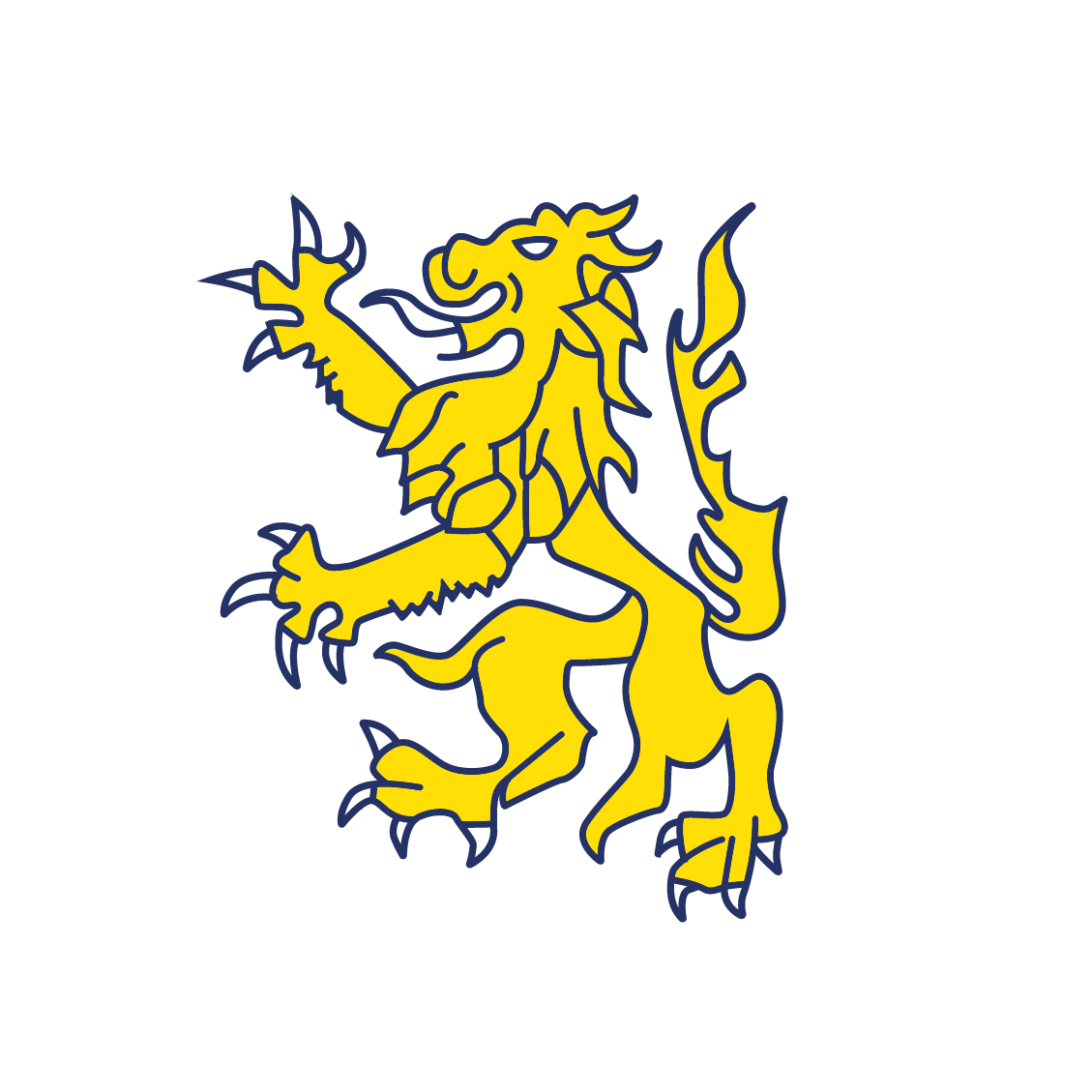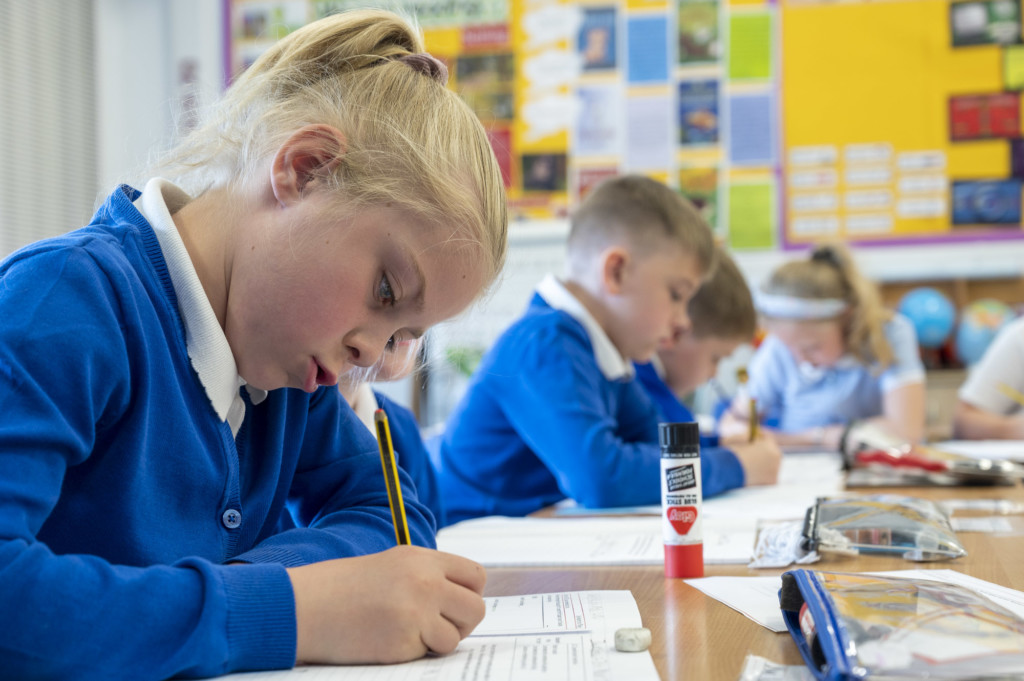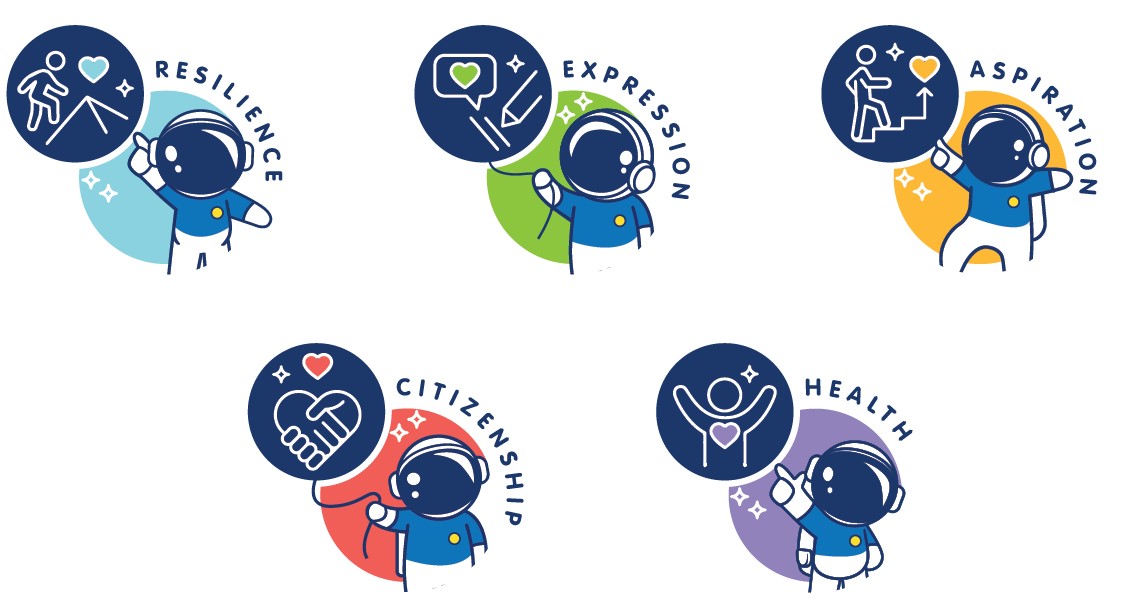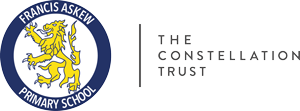


Our Curriculum
Our curriculum is effective when every child has the knowledge, skills and experiences they need to be successful.
Intent
Our curriculum raises the ambition of our pupils. It ensures that all pupils have the chance for success, regardless of their starting points. We strive to provide meaningful experiences, allowing children to appreciate the wider world and recognise the opportunities that exist outside of our community. We have a clear focus on progression by carefully sequencing knowledge, providing clarity about what ‘getting better’ at a subject means and making explicit connections and links between the different subjects and experiences. Key concepts, knowledge and skills have been identified and organised into subject specific progressive objectives. These are sequenced to ensure these build and develop as pupils’ move through the school; ensuring learning becomes embedded. These progressive objectives are used to inform planning and sequences of lessons across all subjects. Clear end points are identified in all subjects and teaching and learning builds towards achieving these. The whole curriculum is underpinned by 5 Pastoral Drivers (see below). These drivers ensure we meet the holistic needs of our pupils and allow them to REACH their full potential.
Children also develop their understanding of identified second order concepts through the curriculum. These concepts branch across subjects, creating horizontal links across our whole curriculum. They aim to develop flexible knowledge and skills that children can apply to multiple curriculum areas:-
- Enquiry
- Responsibility
- Similarity and difference
- Cause and consequence
- Continuity and change
- Significance
- Written and oral expression
See our ‘Whole Curriculum Overview’ below which shows how these concepts branch across subjects.
The school recognises the challenges and gaps in knowledge (or cultural capital) that many pupils in the school have. However, the school is committed to its vision of ‘Working together to make a positive difference for every child,’ and therefore our curriculum is aspirational for all pupils. The curriculum aims to embed opportunities to develop cultural capital through well-chosen texts, visits and experiences for pupils across all subjects. In addition, there are many opportunities for children to apply their learning in real life contexts and make links with the community around them as well as the wider world.
The curriculum ensures that there is an emphasis on development of core skills, including reading and speech and language. These are prioritised through early years and key stage one to ensure pupils are able to access a broad and rich curriculum at key stage two. Across the whole school, core skills in reading, spelling, grammar, punctuation and presentation are given a high profile to ensure pupils have high standards and aspiration in all work.
All children have access to the curriculum with work being tailored appropriately for children with SEND – modifying end points so that they are appropriate but remain aspirational. Any child working below their age-related expectation, receives a tailored curriculum with personalised objectives. This enables all children to build the skills and knowledge needed to bridge the gap between themselves and their peers enabling them to reach their full potential.
The school is dedicated to developing the holistic child and, with this in mind, opportunities to grow within and beyond academic subjects is of great importance. Children are therefore given opportunities to take part in local and national competitions e.g. (The Rock Challenge), play musical instruments, engage with local community groups and take part in local enterprise opportunities.
By the time pupils leave Francis Askew they will:-
- Be well rounded individuals who are confident in their ability to talk to others in an articulate and respectful manner.
- Appreciate the wider world and recognise the opportunities that exist outside of our community.
- Understand what ‘getting better’ at the subject means and be able to make explicit connections and links between the different subjects and experiences.
- Have a firm foundation for the next stage of their education.
Implementation
At Francis Askew, all subjects within the curriculum are carefully mapped out into long-term plans. The long-term plans outline when key concepts, knowledge and skills will be taught and revisited and show how these concepts progressively lead towards children achieving our identified curriculum end points. The long-term plans also enable links between subjects to be identified and carefully planned for to support children’s retention of knowledge and skills. Short term planning is informed by the subject’s long-term plan, medium term planning and the Subject’s Progression Document. Strategies used to engage pupils in the curriculum are underpinned by an in-depth knowledge of the child, the school context and accurate assessment of progress and outcomes. Staff deliver teaching sequences which connect effectively to prior learning, introduce and develop new concepts and allow pupils to use and apply these to ensure they are learnt well. ‘Walk the Path’ tasks are used regularly to activate prior knowledge and encourage children to make links in all subjects and between subjects.
At the end of a learning sequence, children reflect on their new learning and skills and there is opportunity for further teaching when knowledge or skills have not been retained. Accurate assessment ensures that pupils are expected to address errors in their work while misconceptions and misunderstandings are identified and addressed through additional teaching or support. This, coupled with regular planned opportunities to recall prior learning, ensures that pupils are knowing more and remembering more over time. Work is adapted for pupils with special educational needs, with bespoke programmes in place for those with more severe or complex needs.
The development of children’s oracy is also given a high profile and is promoted through the use of subject specific terminology and vocabulary needed to work well within each subject. When discussing, debating and presenting new knowledge learned within our curriculum, children will be directed to specific and progressive subject specific vocabulary. All curriculum planning documents include subject specific vocabulary and this is shared on the school’s website and with parents.
Pupils’ emotional wellbeing is supported across the school by specific programmes, and teaching approaches. For example, metacognition is used to promote positive mental attitudes and build resilience and self-esteem in pupils. SMSC and personal development is high profile in all subjects (as demonstrated in our SMSC document below).
Classroom environments adopt a working wall approach, in that all displays reflect current teaching and learning and children use their environment as a tool to support them in making good progress and becoming independent learners. Subject specific policies make reference to non-negotiable resources and displays that should be present in the classroom for their subjects. Additionally, thought has been given in every subject as to how the learning environment can contribute to building cultural capital for our children.
A programme of staff training runs throughout the year to further develop subject knowledge across all curriculum subjects to support teaching and assessment. In particular, extensive training and support is put in place to ensure all staff have the skills and knowledge required to teach reading and phonics effectively. Key terminology has been defined so that there is clear and consistent language being used by all stake holders e.g. what we mean by skills, knowledge, key concept. Leaders at all levels have a clear understanding of strengths and areas for development amongst staff and CPD is planned accordingly and regularly.
Impact
A wide range of strategies are used to measure the impact of our curriculum. Our teaching sequences allow for regular low stakes assessments of how well children are retaining key knowledge and how well they can apply the knowledge and skills learned.
Formative assessments are carried out regularly by teachers during and after each lesson, which inform future planning. Where learning is not secure, additional learning takes place to address this. Additionally, summative assessments are carried out each term by using an internal assessment tool – assessing the taught curriculum. As a result of these assessment tools, children’s misconceptions or gaps in subject knowledge and skills are addressed and additional teaching and support is provided.
Our subject leaders also monitor the effectiveness of the curriculum through carrying out regular monitoring evaluations. These evaluations are quality assured by the Curriculum Lead, Senior Leadership and Governors. The effectiveness of the curriculum is also monitored through pupil and parental voice throughout the course of the year.
Further information:

The Francis Askew REACH curriculum is achieved by…
| Driving core skills |
|
|---|---|
| Retention |
|
| Effective assessment |
|
| Application and practice |
|
| Making connections |
|
